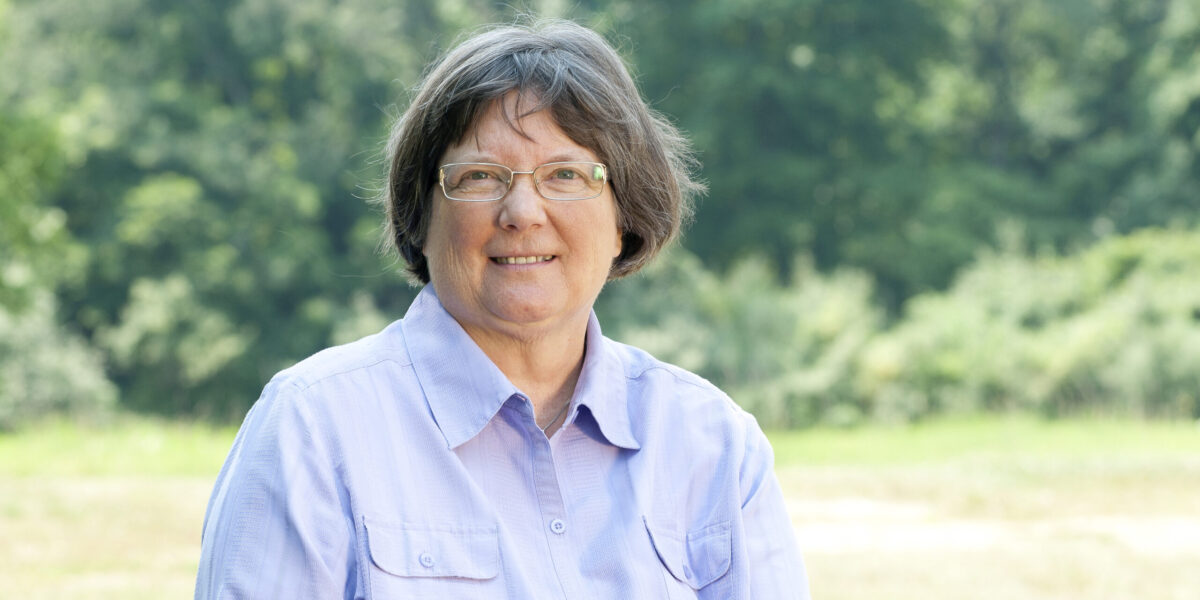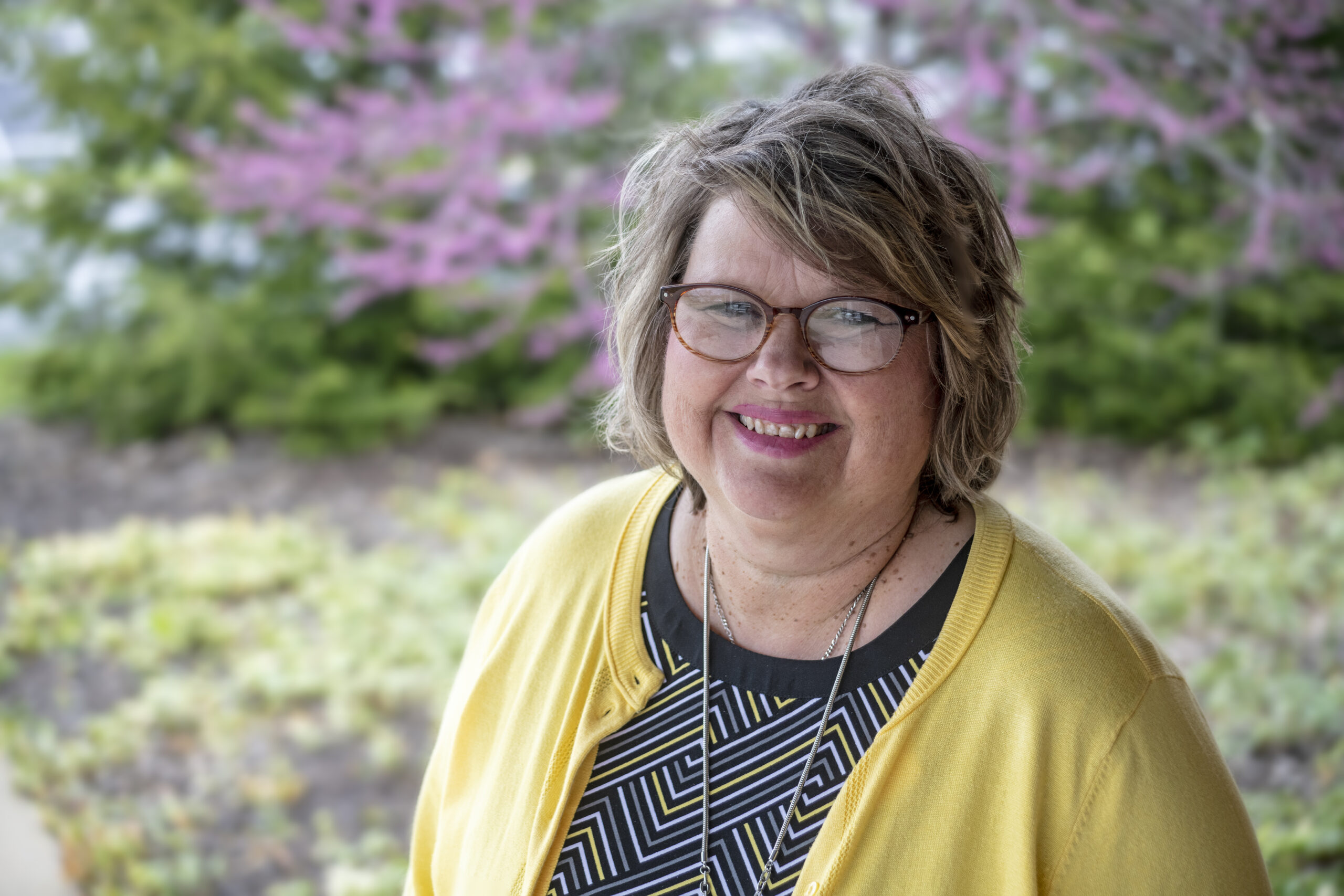ENGLEWOOD, Colorado (Mennonite Mission Network) – When it comes to sharing God’s good news through a variety of expressions in a diverse world, today’s Anabaptist community has nothing on the early church.
That’s the message shared by New Testament professor Linda Oyer at the fourth annual Sent gathering held Apr. 26-28 at Beloved Community Mennonite Church, an intercultural church plant in Mountain States Mennonite Conference.
During the event sponsored by Mennonite Mission Network and Everence, Oyer, former mission worker and church planter in France, expounded on the theme, "Beloved are the feet of those who bring good news." She provided biblical resourcing for 80 participants seeking guidance on the varieties of church planting that can be effective in a diverse world.
"We tend to think the challenges in forging unity through diversity is unique to us, but there already was unity in diversity in how New Testament writers speak about the good news," she reflected in a telephone interview after the gathering.
"For example, the perspectives of the writers in the books of Luke and John are very, very different. So, too, today, there is not just one exclusive expression of the gospel to be incarnated in our world. Though all expressions include the main theme that God makes all things new in Christ.
In Luke, Jesus brings the good news in the form of liberation and release of everything that binds and oppresses – whether that be structural evil or personal issues, she said. John explores God’s desire to integrate the human being in the divine life of love in the Father, Son and Holy Spirit as people live in love and service within community.
Yet both Luke and John portray what it means to share the good news with our world and are simply two sides of the same coin. Oyer wonders if one or two of the Gospels would be excluded from the New Testament canon if today’s polarized world had to choose.
The diversity we find in the four Gospels did not seem to bother the early church too much, Oyer said.
They did not see it as something to be afraid of; rather, they used it as an opportunity to dialogue their way into discernment.
"If we heeded only John’s expression, we risk tending toward a privatized, individualistic spirituality," Oyer said. "If we heeded only Luke’s expression, we risk creating a community of road runners and constant, frenetic activity. Both voices need to be in dialogue to bring balance and to strengthen – rather than weaken – unity through diversity."
At the end of the day, what most matters is that the chorus of voices blend into harmony as God’s mission – to make all things new – is kept at the heart of all the expressions, she said.
"God has inaugurated a new creation in the world through the life, death and resurrection of Jesus," Oyer said. "What is being made new may be different in different contexts. … Dialogue and listening, within the guidance of the Holy Spirit, and the peace of Christ, helps us all to ask, ‘How can I, within my context, be a sign of what God is doing right here, right now, to make all things new?’"








